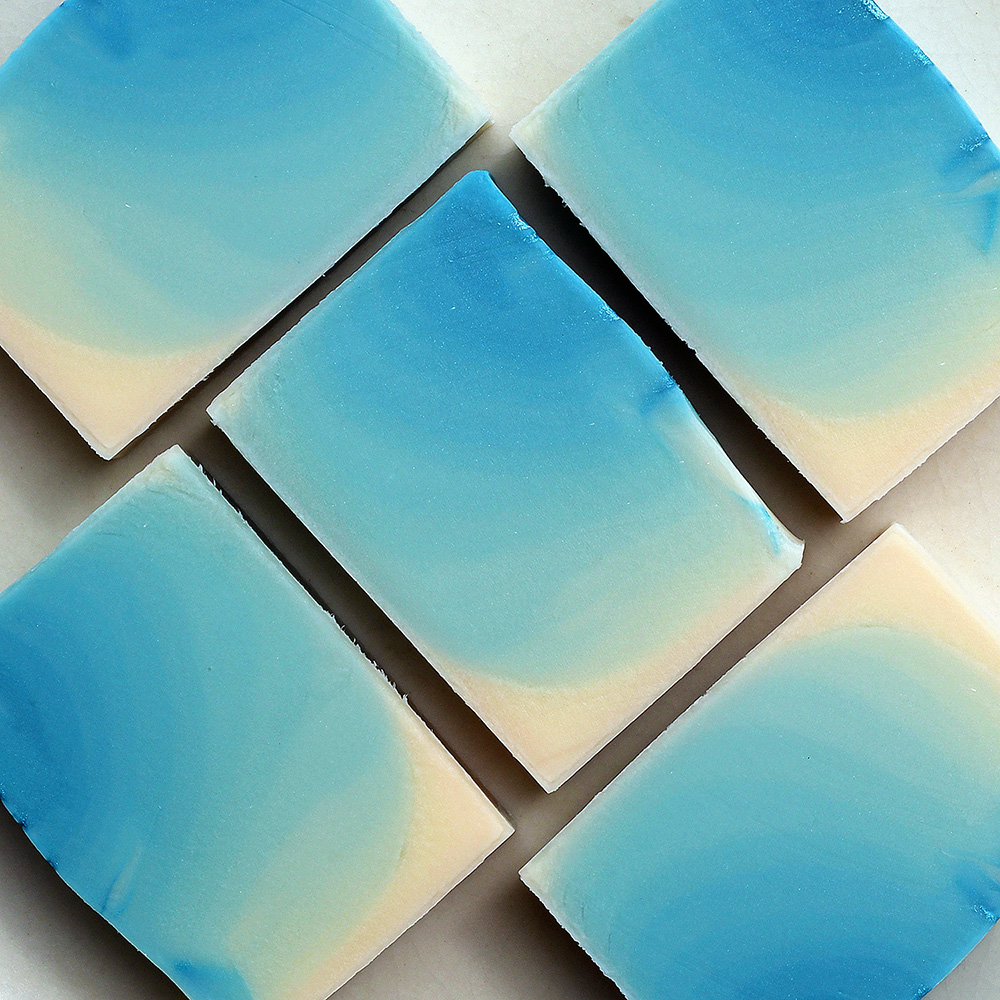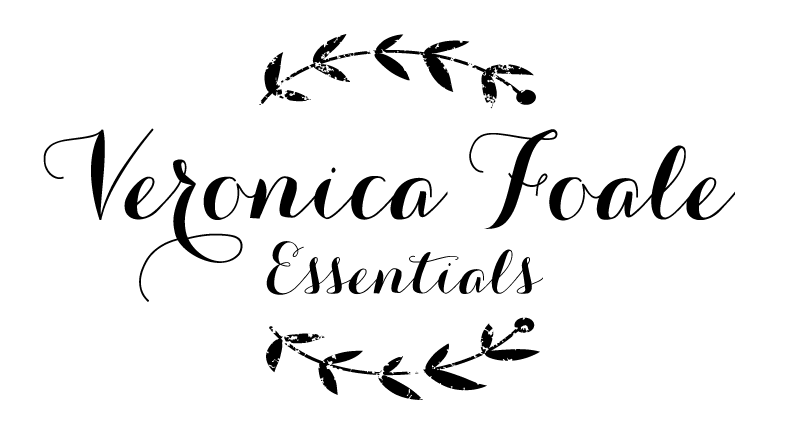We’ve all heard the spiel. “If you can’t pronounce it, you shouldn’t be putting it on your body!”
The message is always the same. Chemicals are bad and natural is good. Natural is best. Natural is more important than anything.
It’s not true.
Before I started making all my own beauty products, I’d been trained the believe the hype too. The word natural has such strong connotations; we all look for it, consciously or subconsciously on our packaging.
A few weeks into beginning to learn to make soap, I researched lotion making. The messages were clear. “YOU MUST USE PRESERVATIVE.”
“But we don’t want to!” said the forums. “Aren’t there natural preservatives? Rosemary Oleoresin Extract? Vitamin E? SOMETHING?”
Nope. Vitamin E is an anti-oxidant, not a preservative and while Rosemary Oleoresin Extract may protect your products for a short period, it’s merely due to the preservatives used to keep the ROE stable.
Preservatives are not the devil.
When I list my ingredients on my soap labels, I list common names. The law allows for that in soapmaking and I figure I’m not going to confuse anyone by calling something Olive Oil instead of Olea Europaea Fruit Oil, or Rice Bran Oil instead of Oryza Sativa Bran Oil, let alone using the terms Butyrospermum Parkii Fruit (Shea Butter), Cera alba (Beeswax), or Ricinus Communis Seed Oil (Castor Oil).
You can see very quickly that the idea of “if you can’t pronounce it, don’t use it” doesn’t stand up very long when you’re talking about using INCI names.
INCI (International Nomenclature of Cosmetic Ingredients) is the standard in a lot of countries for cosmetic labelling. I’m allowed to list common names here in Australia, but when it comes to things like preservatives, listing the INCI is safer.
So something we can buy at a soaping supply store called “Germall Plus”, which has a common name sounding rather important to the safety of the product you’re buying, suddenly becomes Propylene Glycol (and) Diazolidinyl Urea (and) Iodopropynyl Butylcarbamate.
It’s a necessary thing, to include a broad spectrum preservative in products containing water, such as lotions, moisturisers, toners, shampoos, conditioners, hand creams – the list goes on.
Soap is a less complicated product because the high pH kills anything bad. Lip balms and other anhydrous (oil only) products are safe too without a preservative. But water containing products are not.
Lotion makers have to content with mould, fungus, and bacteria. A good preservative stops all of those things.
Tell me, why wouldn’t you want to be protected from that? I’m sure as hell not going to be putting a lotion anywhere near my body if it doesn’t contain a preservative somewhere.
Far from the idea of “chemicals will cause you harm” – it’s the very lack of chemicals which would cause you harm in this case.
And I’ve seen it done. Lotions being bandied about as preservative free and all natural and the absolute best for your body.
I searched their entire site waiting for them to tell me they were joking like hahahaha, here’s the preservative, you’re all safe.
Nope.
Either they were lying on their marketing (bad) or they were selling a product which was unsafe to their customers (worse).
As I research more and more, it becomes clearer than chemicals are not a bad thing when it comes to beauty products. After all, when you break it down, lots of completely natural things like Atropa belladonna will kill you dead, which isn’t unexpected for a plant with the common name Deadly Nightshade, but maybe it’s less expected if someone is listing INCI names.
Atropa Belladonna is rather easy to pronounce don’t you think?
So when you eventually see long and complicated ingredient lists on my products, keep in mind they’re there to protect you, not cause you harm.
—
Next time I’ll talk about some of the benefits chemicals bring to products like shampoo and conditioner, or skincare products.
Remember – everything is made of chemicals. Even natural things.



